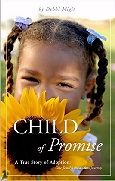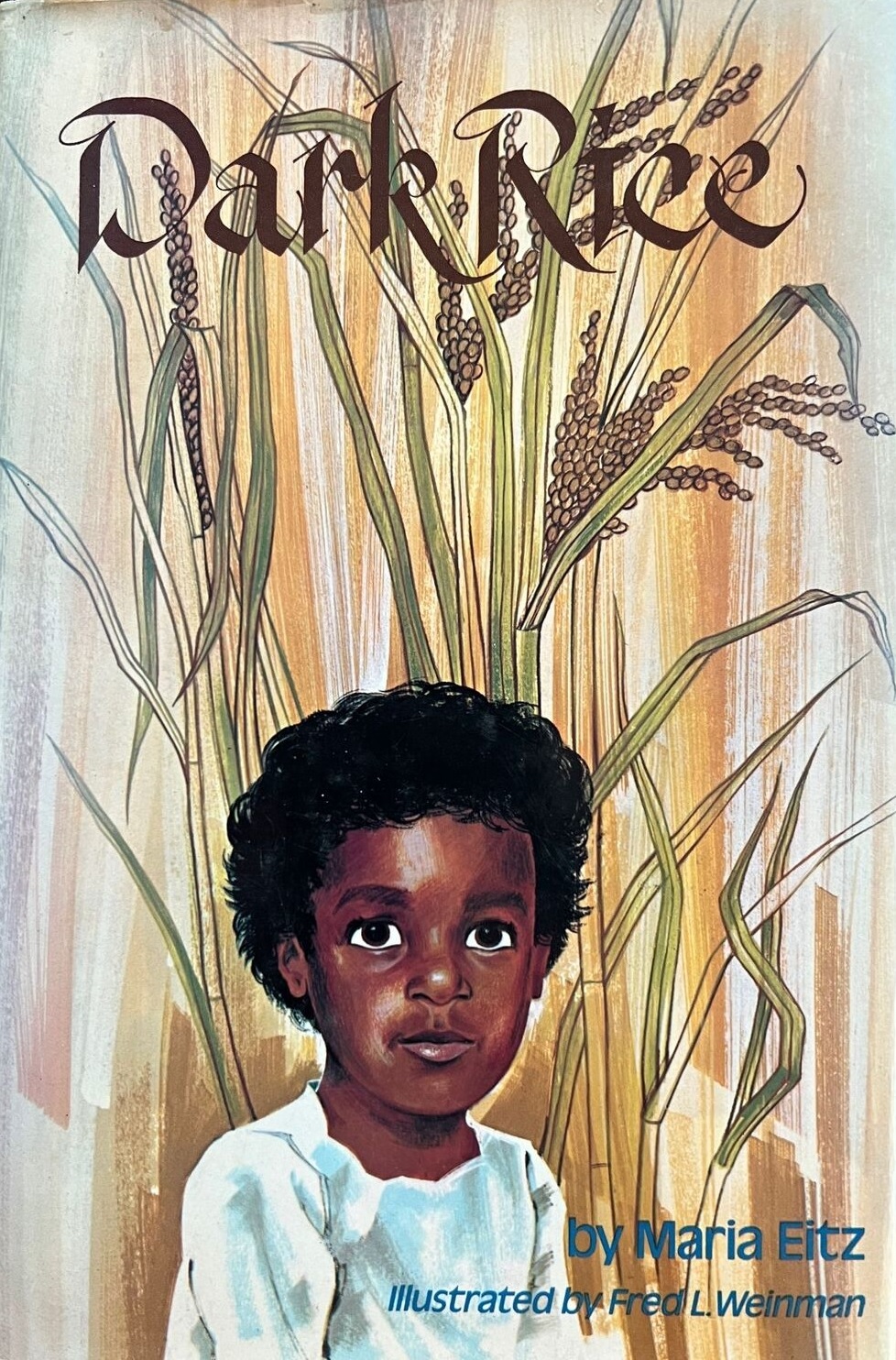 |
|
 |
 |
Catherine McKinley was one of only a few thousand African American and bi-racial children adopted by white couples in the late 1960s and early 1970s. Raised in a small, white New England town, she had a persistent longing for the more diverse community that would better understand and encompass her. In an era shaped by the rhetoric of Black Power and Black Pride, McKinley’s coming of age entailed her own detailed investigation into her birth history, a search complicated by the terms of a closed adoption that denied her all knowledge of the circumstances of her birth.
The Book of Sarahs traces McKinley’s own time of revelations: after a five-year period marked by dead ends and disappointments, she finds her birth mother and a half-sister named Sarah, the name that was originally given to her. When she locates her birth father and meets several of his eleven other children she begins to see the whole mosaic of her parentage—African American, WASP, Jewish, Native American—and then is confronted with a final revelation that threatens to destabilize all she has uncovered.
At the center of the narrative is McKinley’s angry passion for her two mothers and her quest for self-acceptance in a world in which she seems to herself to be always outside the bounds of social legitimacy. In telling of her struggles both to fit into and to defy social conventions, McKinley challenges us to rethink our own preconceptions about race, identity, kinship, loyalty, and love.
About the Author: Catherine E. McKinley is co-editor of Afrekete. She lives in New York City.

































